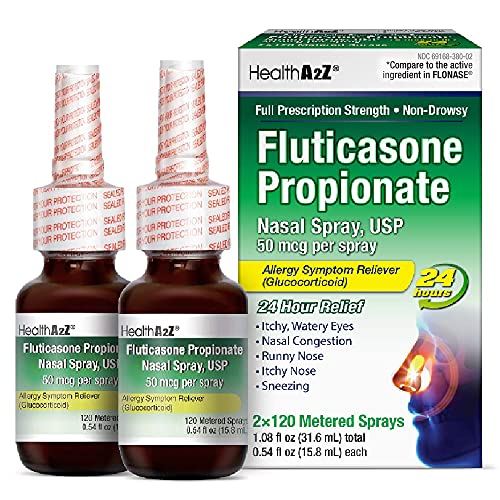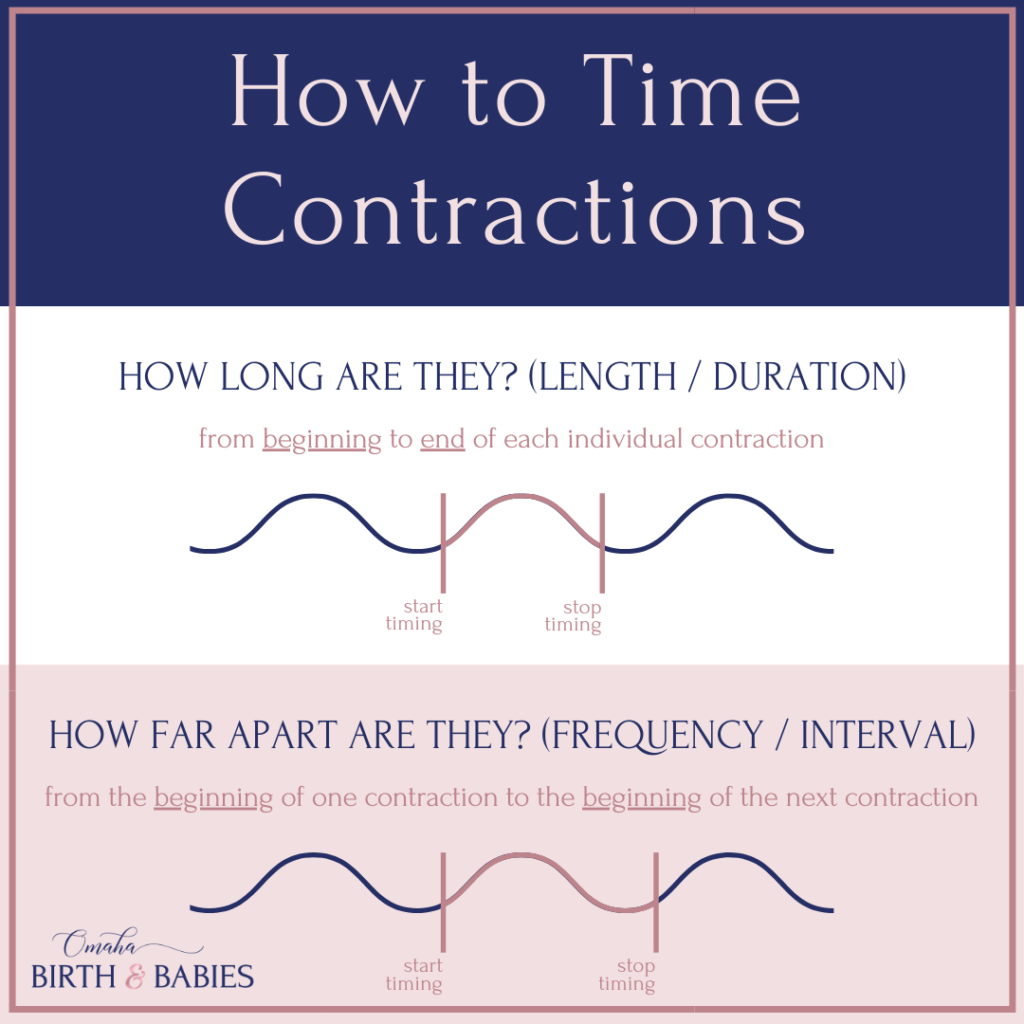How Long Is Cataract Surgery Recovery? Faster Results Ahead

Cataract surgery has become one of the most common and effective surgical procedures performed today, with millions of people undergoing the operation every year to restore their vision. The recovery process after cataract surgery is relatively quick, but the duration can vary depending on several factors, including the type of surgical technique used, the overall health of the patient, and how well the patient follows post-operative instructions.
Understanding Cataract Surgery
Before diving into the recovery process, it’s essential to understand what cataract surgery entails. A cataract is a clouding of the natural lens in the eye that affects vision. During cataract surgery, the surgeon removes the clouded lens and replaces it with an artificial lens, known as an intraocular lens (IOL), to restore clear vision. The surgery is typically performed on an outpatient basis and can take about 15-30 minutes per eye.
The Recovery Process
The recovery from cataract surgery can be broken down into several stages, each with its own set of expectations and limitations.
Immediate Recovery (First Few Hours): Immediately after surgery, patients usually experience some blurry vision, which improves as the anesthesia wears off. It’s common to feel a little groggy from the anesthesia, and vision may be somewhat blurry or distorted. Patients are advised to rest and avoid strenuous activities.
Short-Term Recovery (First Week): In the first week after surgery, patients can expect significant improvement in their vision, although it may take a few days for their vision to stabilize. They are usually prescribed eye drops to prevent infection and reduce inflammation. It’s crucial to follow the post-operative instructions carefully, including using the eye drops as directed and attending follow-up appointments.
Medium-Term Recovery (1-4 Weeks): By the end of the first month, most patients have recovered sufficiently to resume their normal activities without significant restrictions. Vision should be clear, and any discomfort or dryness in the eye should lessen. However, it may take a few weeks for the eye to fully heal, and it’s not uncommon for patients to experience some fluctuations in their vision during this period.
Long-Term Recovery (After 4 Weeks): After a month, the eye should be fully healed, and vision should be significantly improved. At this stage, patients can usually stop using the post-operative eye drops, unless otherwise advised by their doctor. It’s essential to continue attending follow-up appointments to monitor the healing process and address any concerns.
Factors Affecting Recovery Time
Several factors can influence how quickly a patient recovers from cataract surgery:
- Type of Cataract and Overall Health: Patients with certain types of cataracts or underlying health conditions might have a longer recovery period.
- Surgical Technique: Advanced surgical techniques, such as laser-assisted cataract surgery, might offer faster recovery times compared to traditional methods.
- Type of Intraocular Lens (IOL): The choice of IOL can affect the recovery process. For example, premium IOLs designed for specific vision needs can sometimes lead to quicker adaptation.
- Compliance with Post-Operative Instructions: Following the surgeon’s instructions carefully is crucial for a smooth and fast recovery.
Enhancing Recovery
While the recovery time after cataract surgery is relatively quick, there are steps patients can take to enhance their recovery:
- Follow Post-Operative Instructions: Adhering strictly to the post-operative regimen prescribed by the surgeon can significantly reduce recovery time and minimize complications.
- Attend Follow-Up Appointments: Regular follow-ups with the surgeon are essential to monitor the healing process and address any concerns promptly.
- Rest and Avoid Strenuous Activities: Getting plenty of rest and avoiding heavy lifting, bending, or strenuous activities can help prevent complications and speed up recovery.
- Maintain a Healthy Lifestyle: Eating a balanced diet, staying hydrated, and managing stress can contribute to a smoother recovery.
In conclusion, while cataract surgery recovery times can vary, most patients can expect to resume their normal activities within a few weeks. By understanding the recovery process, following post-operative instructions carefully, and taking steps to enhance recovery, patients can look forward to faster results and a significant improvement in their vision.
Frequently Asked Questions
How long does it take to recover from cataract surgery?
+Recovery from cataract surgery can vary but most patients see significant improvement within the first few weeks. Full recovery, including the stabilization of vision, can take up to a month or slightly longer.
What are the most common complications after cataract surgery?
+Common complications include dry eye, inflammation, infection, and issues related to the healing of the incision site. Serious complications, such as retinal detachment, are rare but can occur.
Can I drive after cataract surgery?
+Typically, patients are advised not to drive for at least 24 hours after surgery or until their vision has stabilized sufficiently. It's essential to follow the surgeon's advice on when it's safe to resume driving.
How long after cataract surgery can I resume normal activities?
+Mild activities can usually be resumed within a few days, but it's recommended to avoid heavy lifting, bending, or strenuous exercise for about a month to minimize the risk of complications.
In the realm of ophthalmology, cataract surgery represents a significant advancement in restoring vision and improving quality of life for millions of people worldwide. As surgical techniques and technologies continue to evolve, patients can look forward to even faster recovery times and better visual outcomes.



